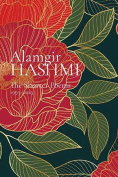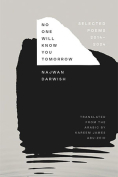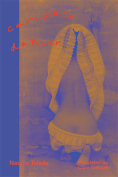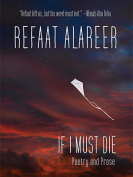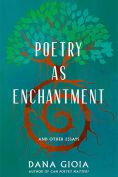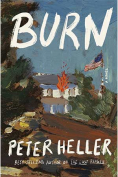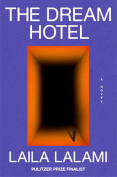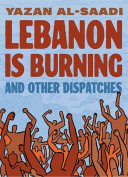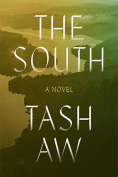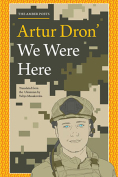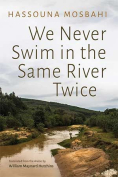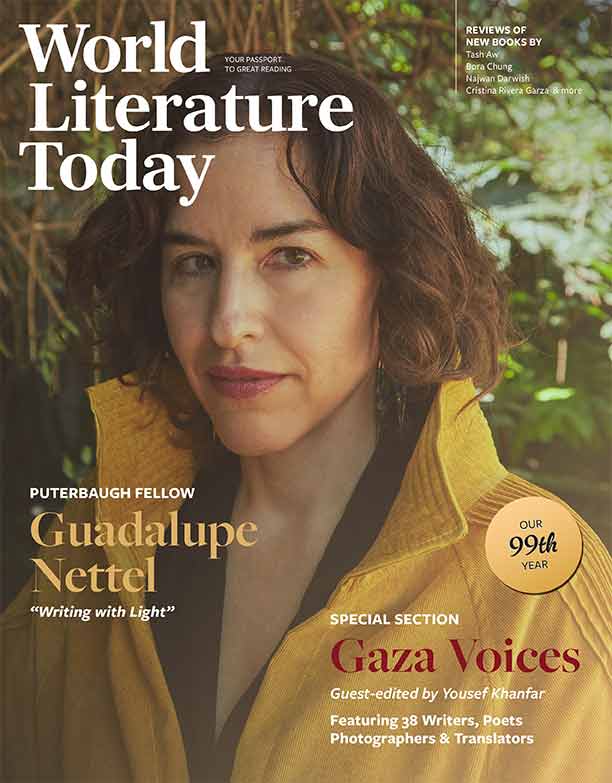The Shorter Poems, 1993–2023 by Alamgir Hashmi
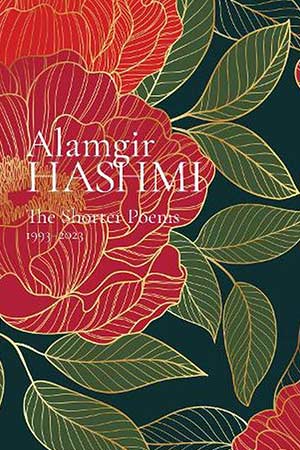
London. Greenwich Exchange. 2024. 160 pages.
In his most recent verse collection, The Shorter Poems, 1993–2023, Alamgir Hashmi (b. 1951) embraces treacherous expanses of time and space, emotion and theme, managing to reconcile aspects of life that are frequently seen as incompatible. Perhaps this collection’s incursions into such disparate poetic and thematic conventions are analogous to Hashmi’s own varied geographic situation: while his formative years were spent in Pakistan, he eventually moved to the West and has since spent more time living as an expatriate in Europe and North America than in his native country. Yet there is an unquestionable rootedness in Hashmi’s poetic voice, with many poems appealing directly to his Pakistani roots.
A case in point is “Sweet Water Only,” in which an older Muslim man heeds azan at several points throughout the day and drinks from the water tap of a mosque, all while reflecting upon life since the passing of his father: “He dreams about his father’s dim eyes / . . . his kindly face / the only hope that was; a mirage / ebbing white in the desert he’s known / since he saw his mother crying.” The poignant pairing of loss with the collapsing of time on display in these strophes is exemplary of Hashmi’s poetics in The Shorter Poems, a poetics that takes within its ambit central aspects of the human condition, such as the nature of being, belonging, and both ethereal and interpersonal love in provocatively everyday terms.
Other poems more explicitly reflect the nostalgia and alienation so central to the experience of being in exile, with which Hashmi seems to be all too familiar. Take, for example, “Montana,” in which Hashmi writes from the perspective of a weary, disillusioned traveler: “as I pull the reins to notice where I have come: / . . . this side of the narrow pass – / air-wave verbals / of streets in cities west of me, / bickering dialects / of packed alleyways east of me. // Who would believe I grew up far, far away?” Nostalgia and isolation coincide in this image, with the lack of a homeplace expressed by the fact that the narrator can conjure the places of his past but is unable to locate himself within the present context.
Hashmi’s cosmopolitan poetic impulses and sophisticated wit invigorate the commonplace, inviting the reader to grapple with the beauty, pain, and complexity of everyday life. Indeed, this all-encompassing collection affirms Hashmi as a perennially dazzling and authentic voice and offers something for every reader who ventures to pick it up.
Ellie Simon
Carleton College


